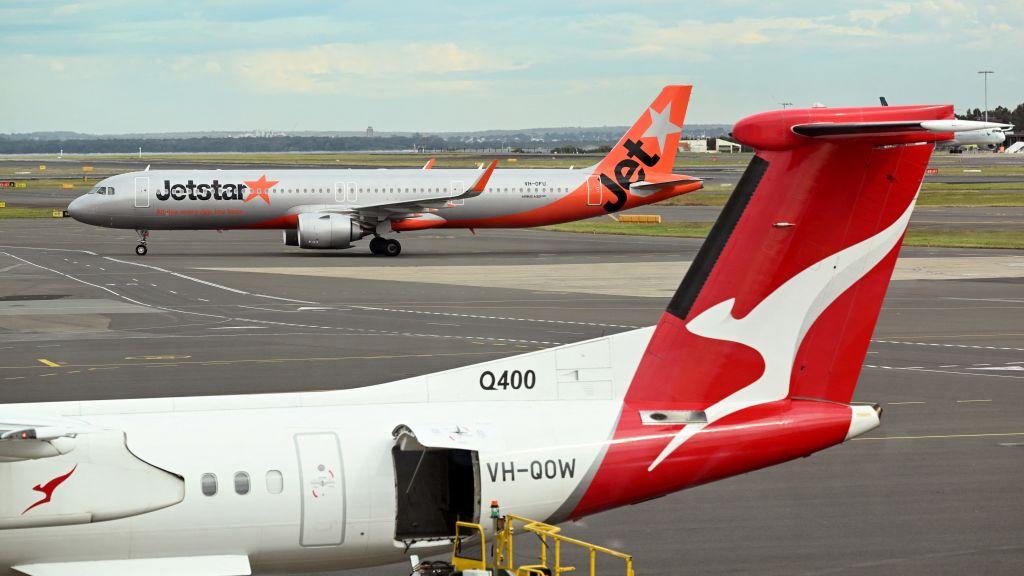A Nationals senator has urged the Labor government to consider forcing Australia’s flag carrier Qantas to sell its subsidiary airline, Jetstar, claiming it will improve competition in the aviation industry.
On Sept. 9, shadow transport minister and Senate Nationals Leader Bridget McKenzie said it was time for the government to stop “protecting” Qantas and examine the use of divestiture powers.





